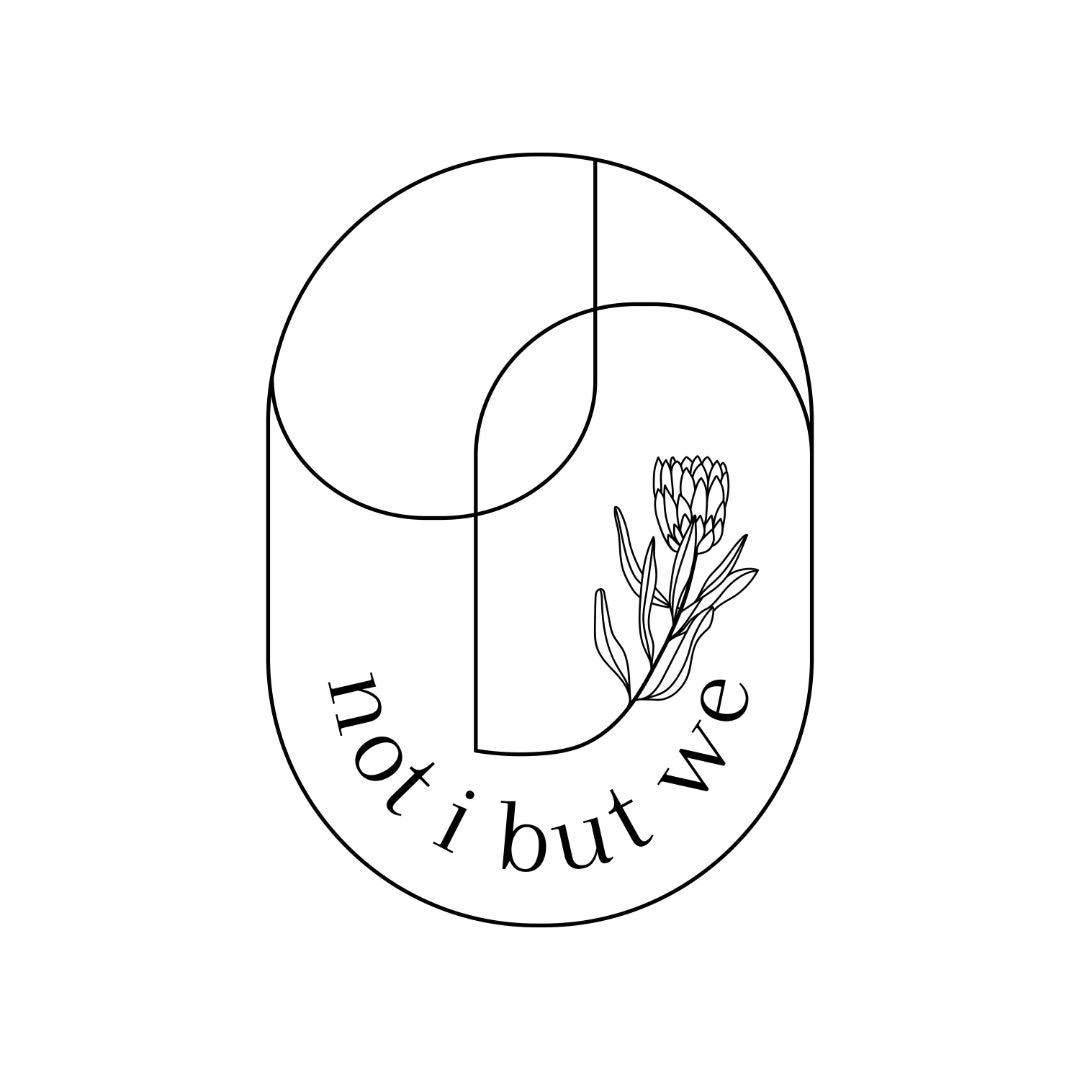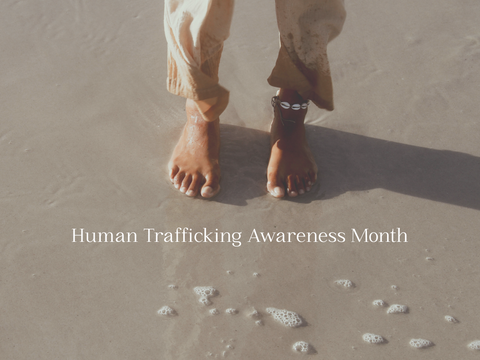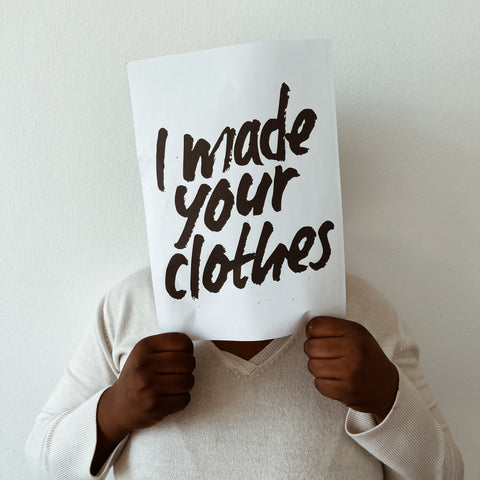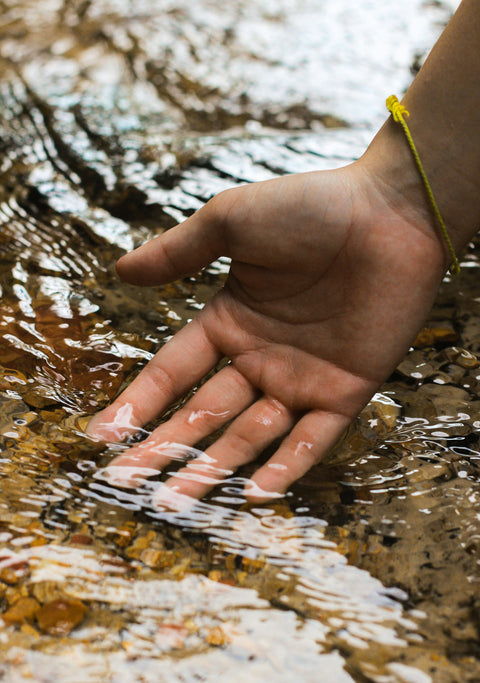What is Human Trafficking?
How Does Trafficking Happen In South Africa?

Source: A21 South Africa
1. False Job Opportunities
False job opportunities and false promises through fraud are still the most common recruitment method of trafficking in South Africa. This means the victim is lured into trafficking through promises to improve their current situation such as promised sponsored medical expenses, a job in the city or a scholarship abroad e.g.
2. Lover Boy Method
Trafficking can also happen through fake romantic relationships with so-called ‘boyfriends’ who are forging a relationship with the victim so they build up trust and dependency. From there they will force the individual into different forms of exploitation, often pretending it’s only a temporary situation.
3. Friends/Family
Another way people are trafficked is by being sold by a family member or friend.
Trafficking doesn’t happen randomly, but usually when the victim is vulnerable and/or exposed to risk factors like instability, violence, poor education, poverty, unemployment etc. And majority of the time victims know their perpetrator. Abductions and kidnappings are very rare despite what we see on TV.


Source: A21 South Africa
Majority of trafficking in South Africa is sex trafficking, with 70% of the victims in 2022 being South African.
Once individuals are lured into trafficking through on of the ways mentioned above, traffickers will take all the victims ID documents, give them a steady stream of drugs to keep them dependent and also use threat or actual violence against them or their families to keep victims from running away or seeking help.

Source: A21 South Africa
Now, What Can We Do?
- You can help to raise awareness about the topic to your friends and family. Educate yourself and others on the warning signs of trafficking and where exploitation occurs (see our previous instagram series on fast fashion).
- You can report suspect cases/situations to local or international hotlines. You can also verify job opportunities on the hotline. In South Africa, the human trafficking hotline number is 0800222777.
- You can purchase survivor made goods and products at Not I But We! In doing so, you are creating opportunity and reducing vulnerability by helping survivors achieve economic independence. As mentioned above, poverty is one of the main driving forces of trafficking, so job creation helps prevent re-exploitation.
- Finally, you can donate to organisations and justice enterprises who are helping to prevent, restore, educate and employ survivors.

Thank you for being a part of the journey and helping to prevent and raise more awareness about this important topic! If you want more info, please check out amazing organisations in South Africa assisting survivors of trafficking like A21 and S-Cape.




Comments (0)
There are no comments for this article. Be the first one to leave a message!